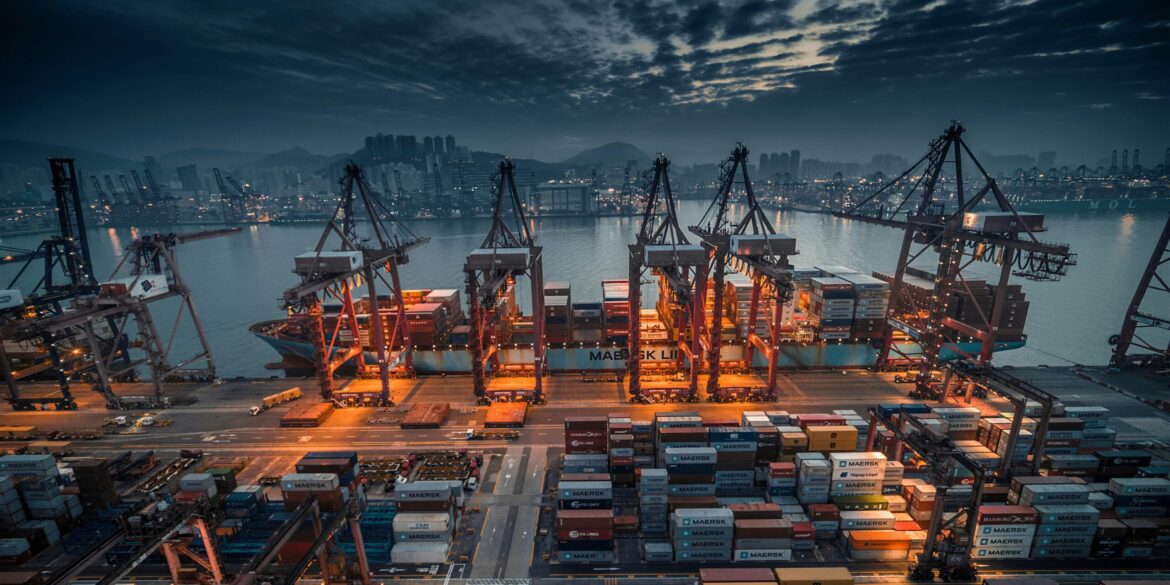The recent contraction of the U.S. economy underscores the importance of balanced trade policies that protect domestic industries while fostering international cooperation. As the nation navigates economic headwinds, policymakers must consider the long-term impacts of protectionist measures and strive for strategies that promote sustainable growth and competitiveness on the global stage.
Economic Contraction and Its Implications
The U.S. economy experienced a slight contraction in the first quarter of 2025, with GDP declining by 0.2%. This downturn was largely attributed to a surge in imports ahead of sweeping new tariffs introduced by the Trump administration. These tariffs have introduced fresh uncertainty into global trade, with retaliation from China and heightened costs expected to influence inflation in the months ahead.
The Shift Toward Protectionism
In an effort to address longstanding trade imbalances, the Trump administration has implemented a series of protectionist measures. Central to this policy is a 10% global baseline tariff, along with higher, reciprocal rates calculated based on each country’s trade surplus with the U.S. These tariffs are designed to reestablish trade balance, incentivize domestic production, and strengthen the U.S. middle class.
While the intent is to protect American industries and reduce trade deficits, these measures have sparked concerns about potential trade wars and their impact on the global economy. Economists predict severe economic disruptions, particularly for countries like Canada and Mexico, with potential recessions if tariffs remain.
The Importance of Balanced Trade Policies
The current economic climate highlights the need for trade policies that strike a balance between protecting domestic industries and maintaining healthy international trade relationships. Overly aggressive protectionist measures can lead to retaliatory actions from trade partners, increased costs for consumers, and disruptions in global supply chains.
A more balanced approach would involve targeted measures to address unfair trade practices while promoting cooperation and mutual benefit. This includes engaging in multilateral trade agreements, investing in domestic industries to enhance competitiveness, and working collaboratively with trade partners to resolve disputes.
Looking Ahead
As the U.S. continues to navigate economic challenges, it is imperative that policymakers adopt trade strategies that support sustainable growth and global competitiveness. This involves moving beyond short-term protectionist measures and focusing on long-term solutions that foster innovation, investment, and collaboration.
By embracing balanced trade policies, the U.S. can protect its domestic industries while also contributing to a stable and prosperous global economy.

